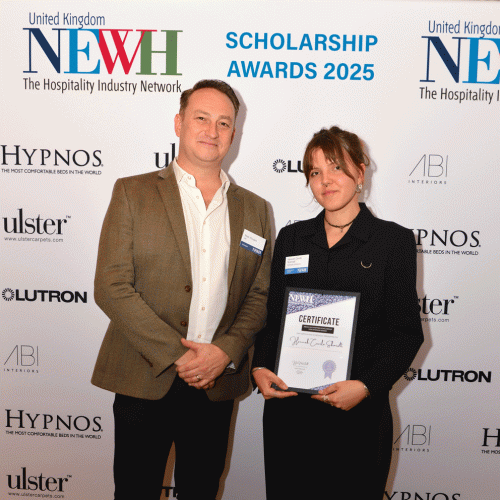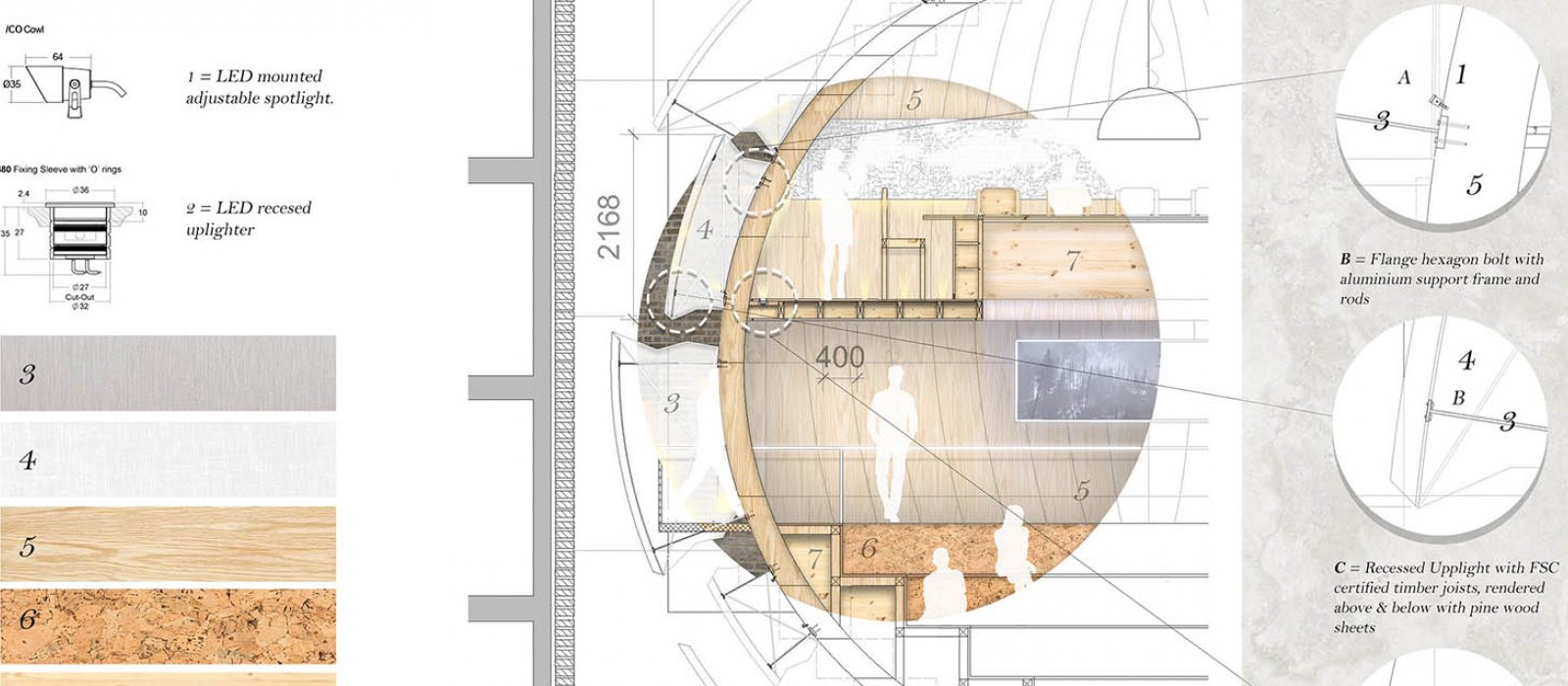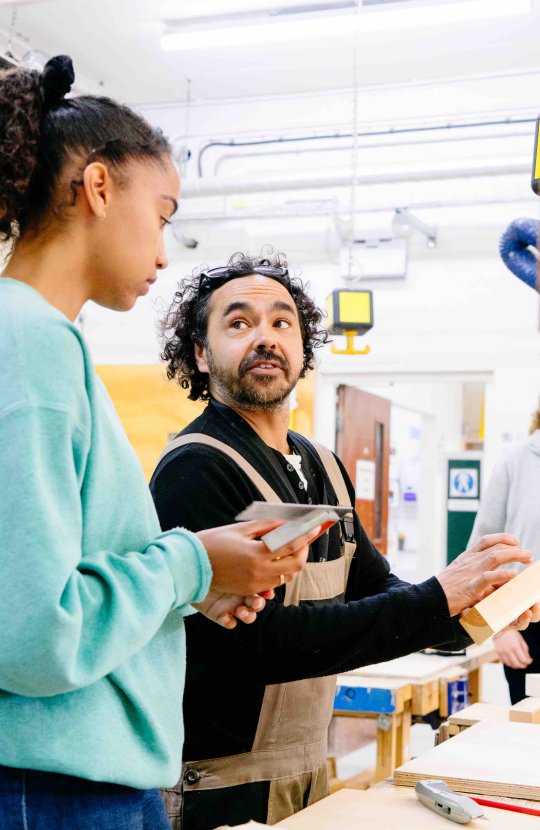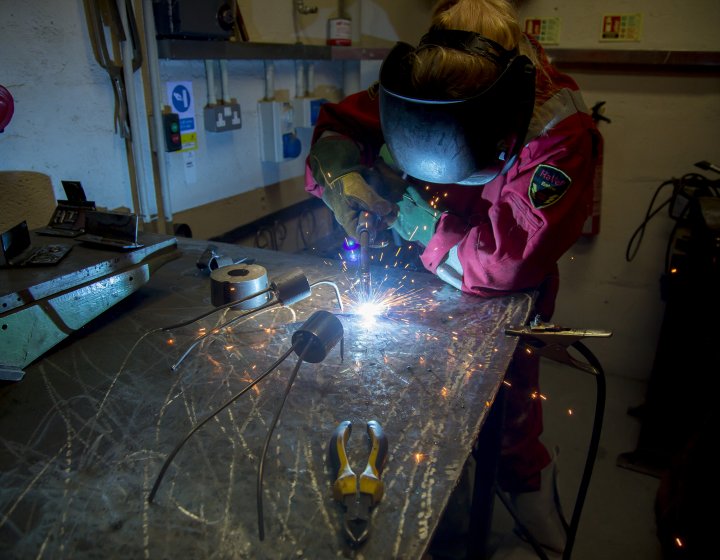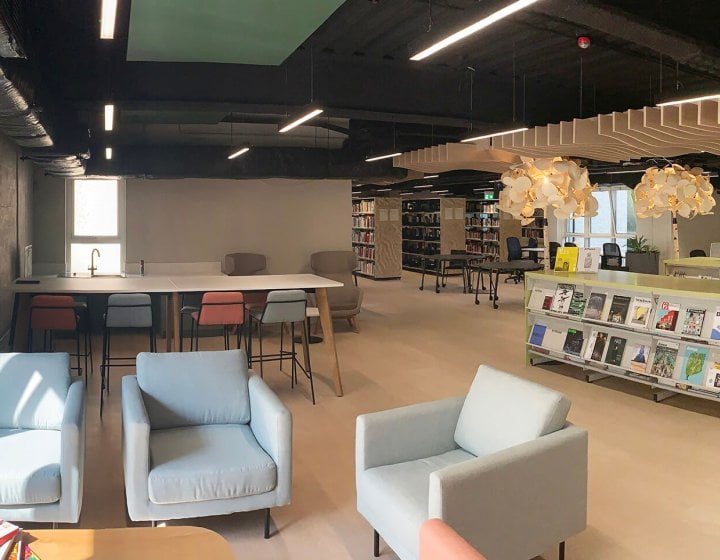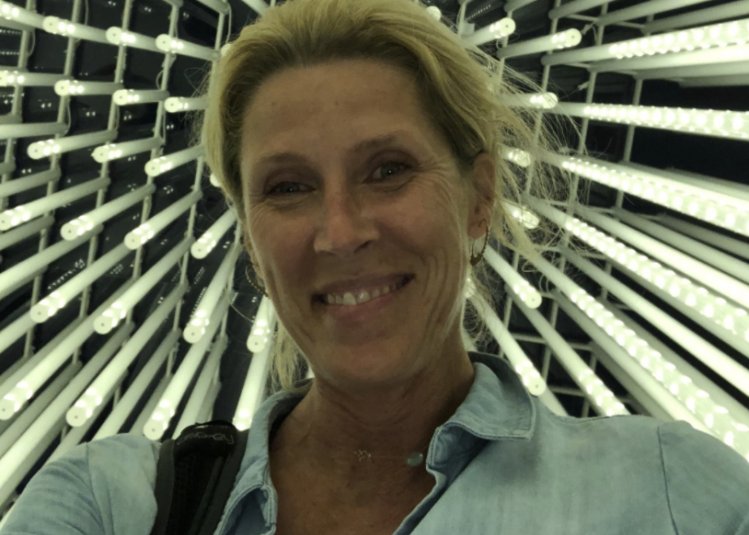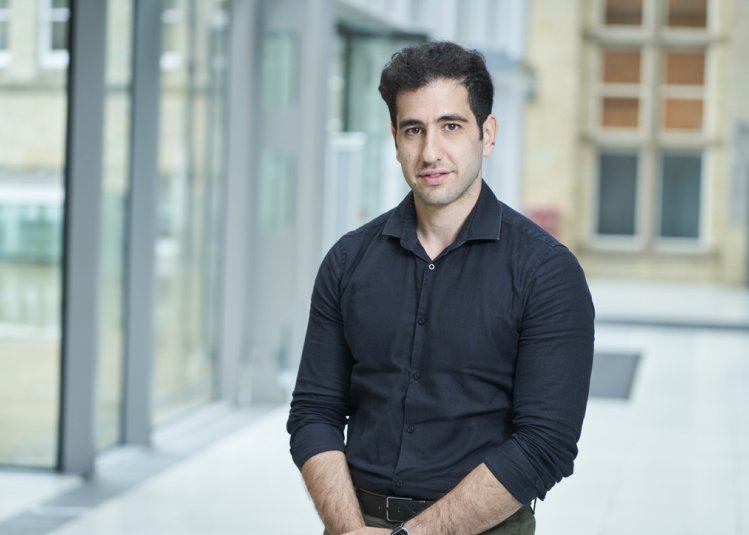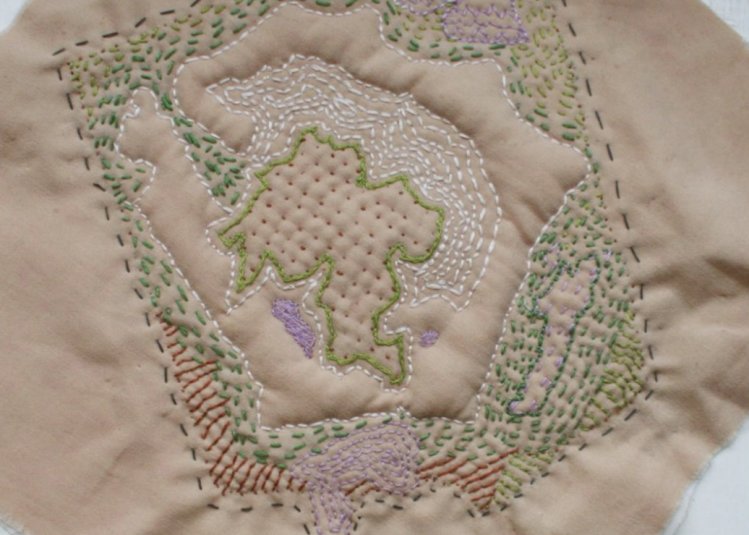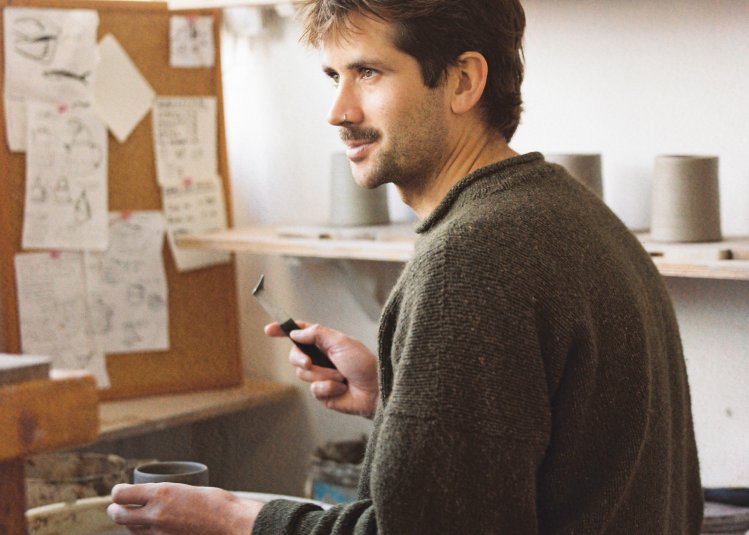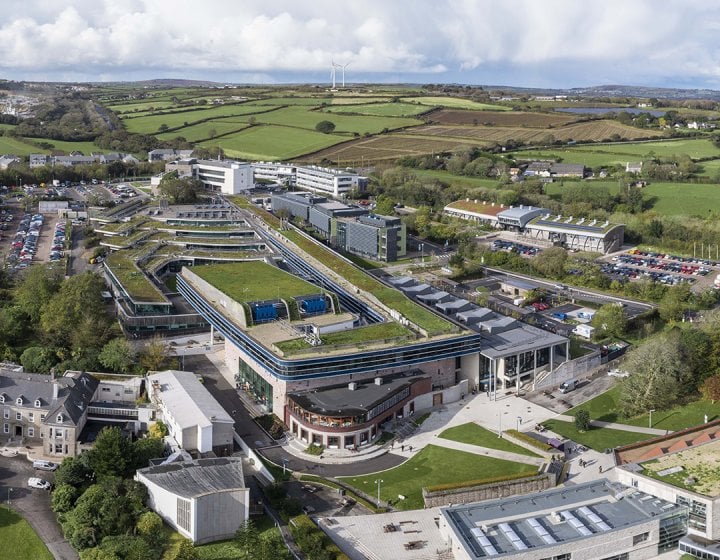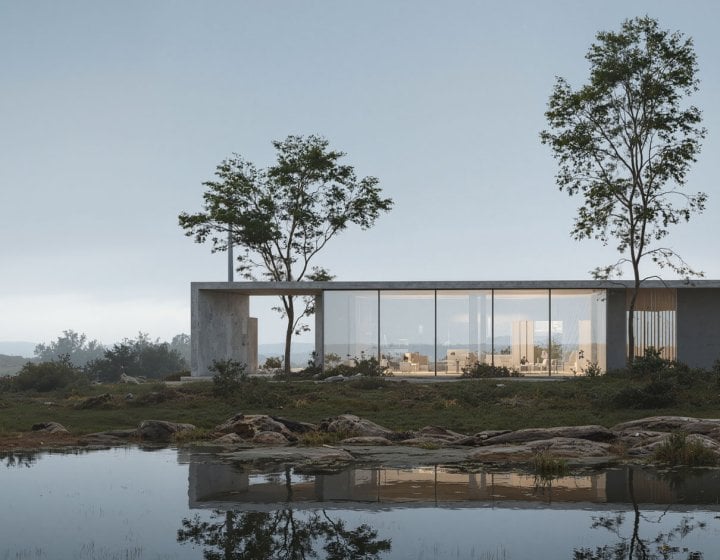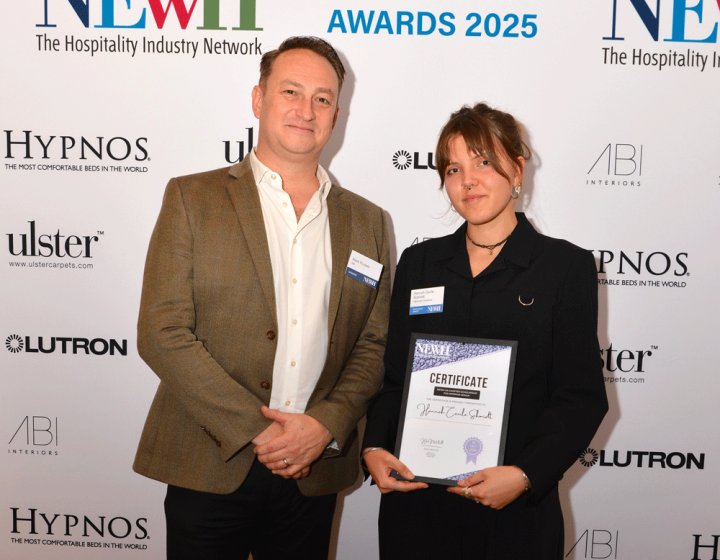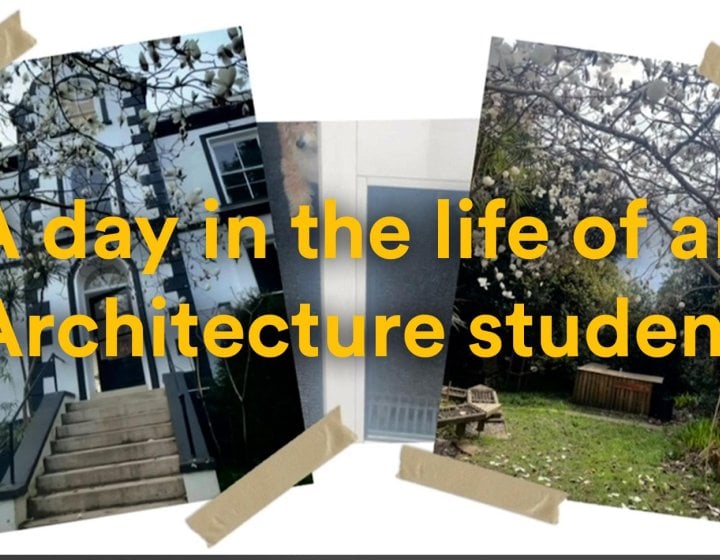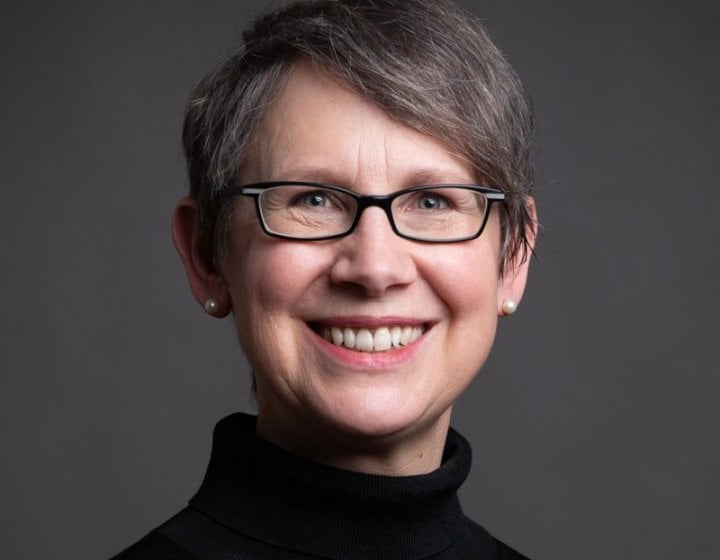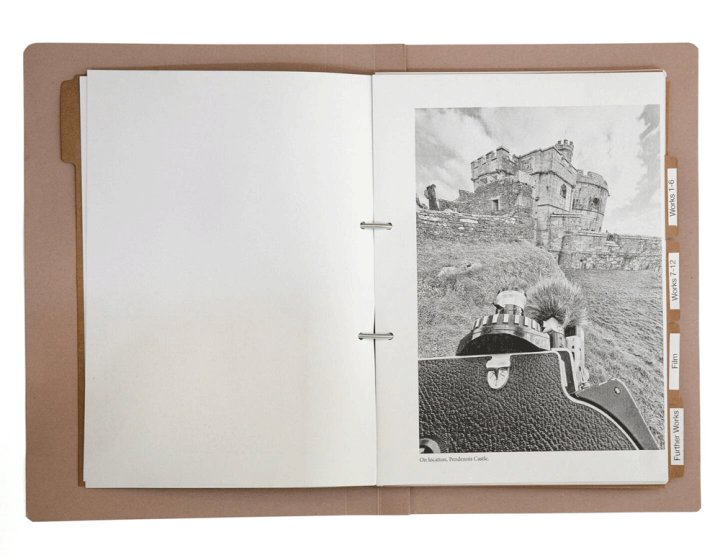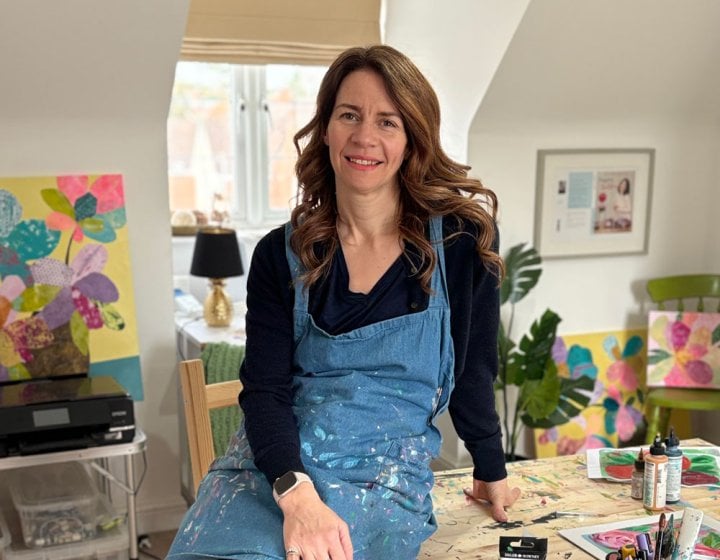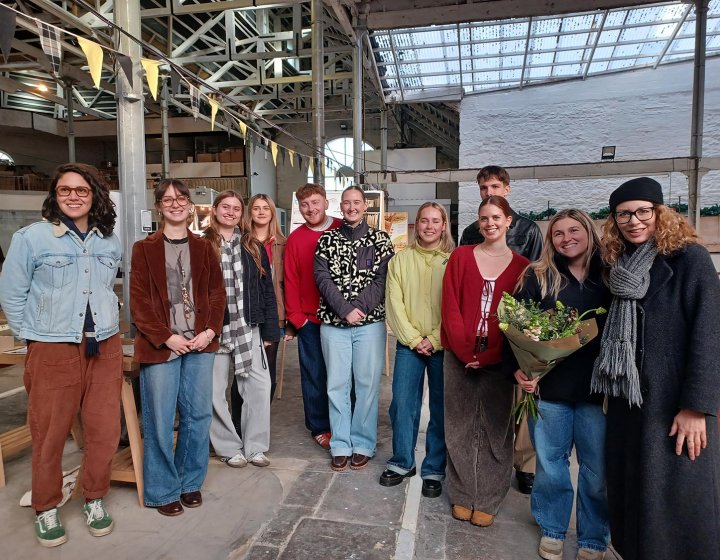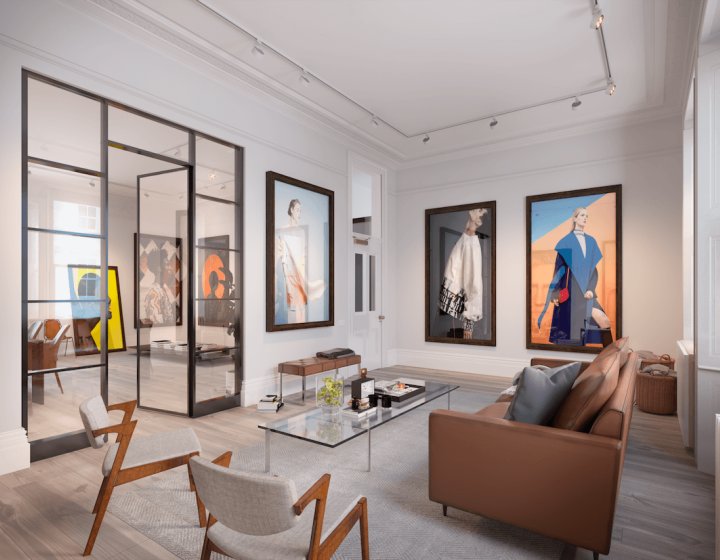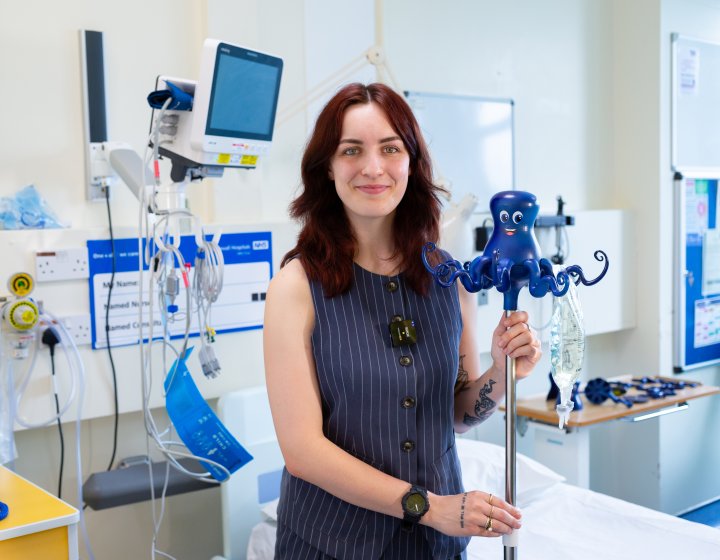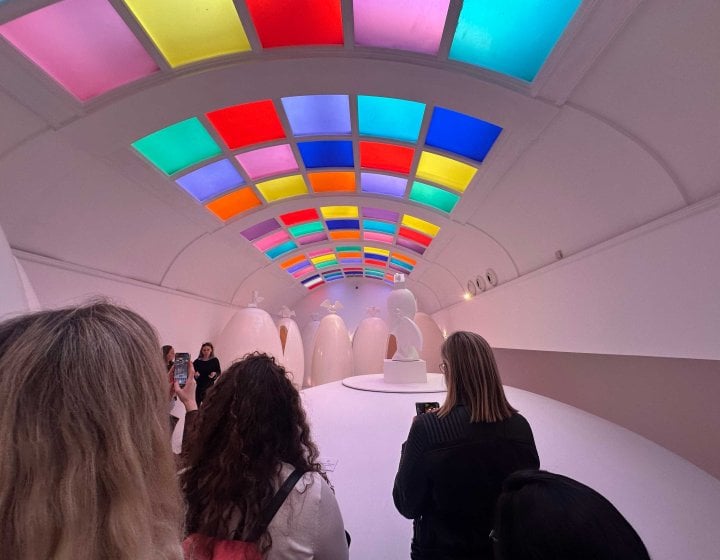Interior Architecture BA(Hons)
Uncover the potential of the spaces in which we work, rest and play, on this exciting degree.
Course overview
Balancing architectural theory with practical drawing and making skills, this Interior Architecture degree produces ethical designers who are excited by the sustainable reuse of existing buildings. On this Interior Architecture course, you’ll create innovative future-proof interiors that reimagine spatial environments and are always conscious of place, inclusivity and community. By learning to resolve your schemes to a high level of technical resolution, with a thorough understanding of the rehabilitation of space alongside interior habitation, you’ll be well prepared to develop a career in this dynamic creative specialism.
You will:
- Experiment with creativity, examining its role in re-thinking interior architecture and developing a personal design philosophy
- Explore the material construction of interior spaces through technical design and workshop practice
- Consider the environmental ethics, alongside the social and psychological aspects, of design solutions
- Learn to draw, model, simulate, test, communicate and pitch your design proposals
- Develop project and design management skills as you collaborate with peers on live, industry-led projects or work with industry partners
- Work in dedicated design studios with access to professional equipment, workshops and support from specialist staff
- Use cutting-edge industry software such as VR (virtual reality), experiment with creativity, examining its role in re-thinking interior architecture
- Have the option of a placement year in professional practice
Similar courses
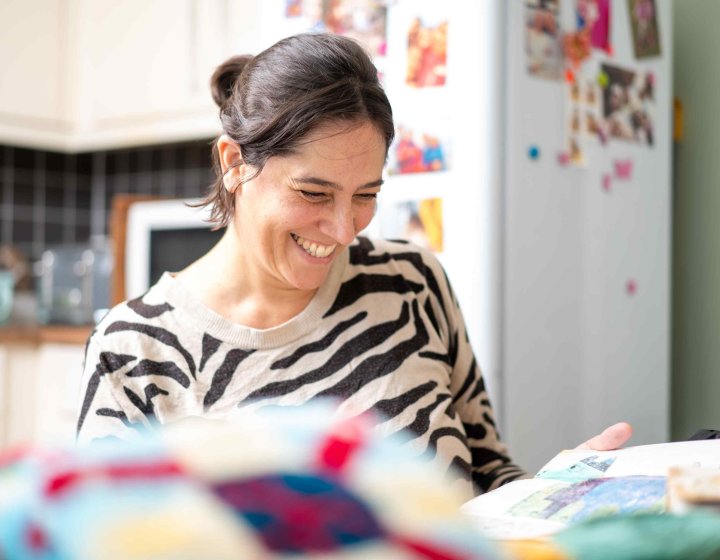
Integrated Master’s Combined Arts MA (Online)
This Combined Arts online degree gives you the opportunity to explore a wide range of creative disci...
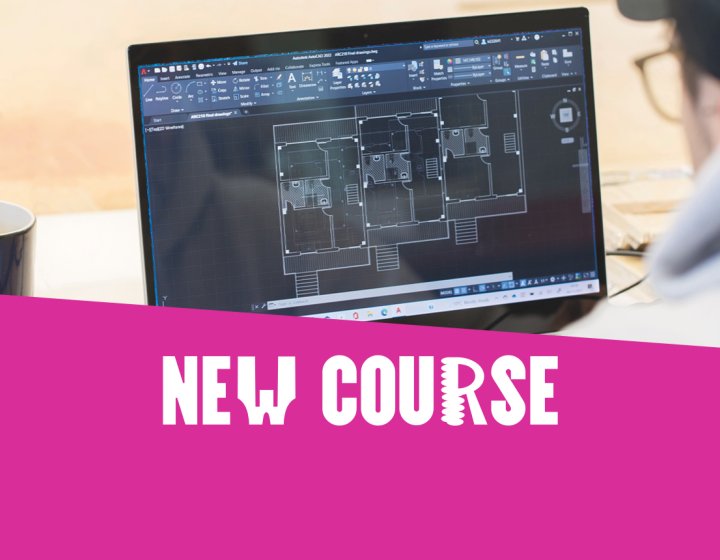
Architectural Design & Technology BA(Hons)
More course information will be provided shortly. In the meantime, if you have any questions you can...
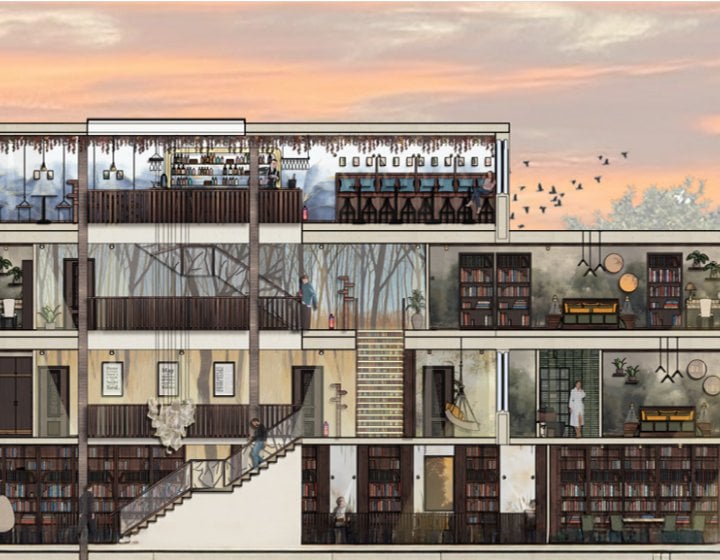
Interior Design BA(Hons) (Online)
Test the bounds of what's possible to achieve in interior spaces and develop the entrepreneurial kno...
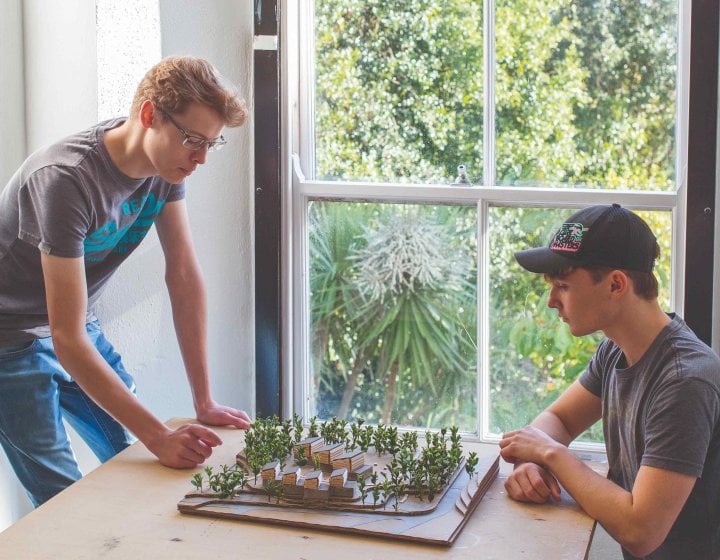
Architecture BA(Hons)
Generate imaginative, impactful designs and start your future career on this highly creative, social...

Graphic Design BA(Hons)
Graphic Design is one of the most versatile visual disciplines, embracing words and pictures, form a...
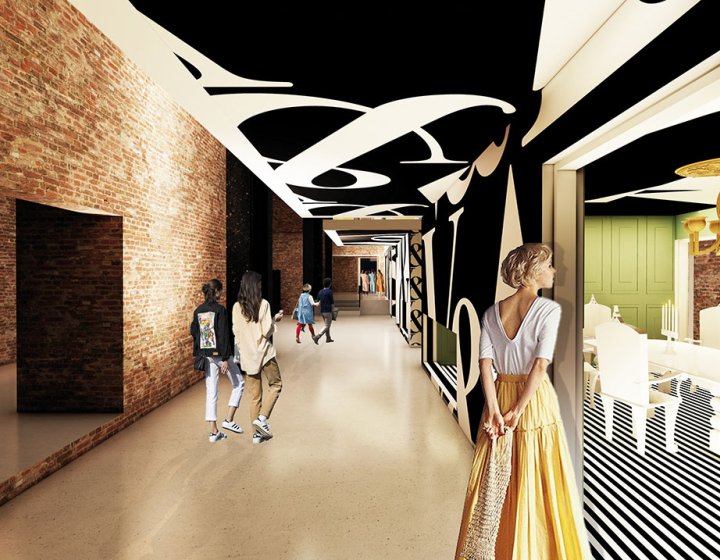
Interior Design BA(Hons)
Delve into the world of built spaces, interior environments and the people who inhabit them. Through...
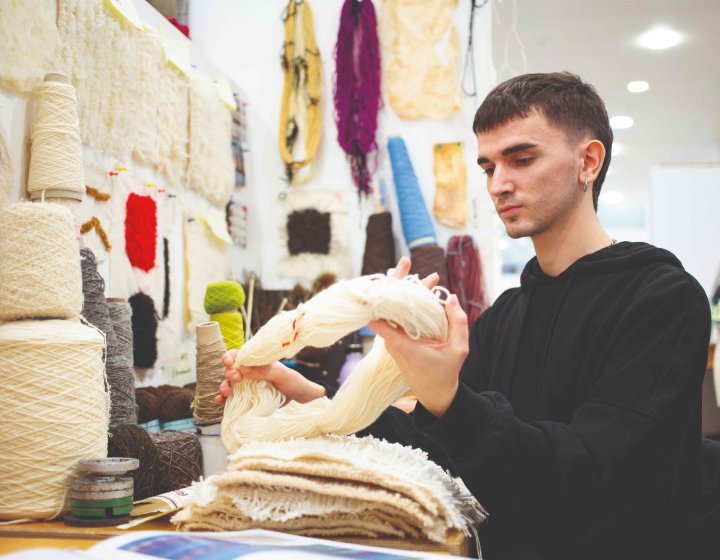
Textile Design BA(Hons)
On our textile design degree, you’ll be part of a vibrant, supportive community of multidisciplina...
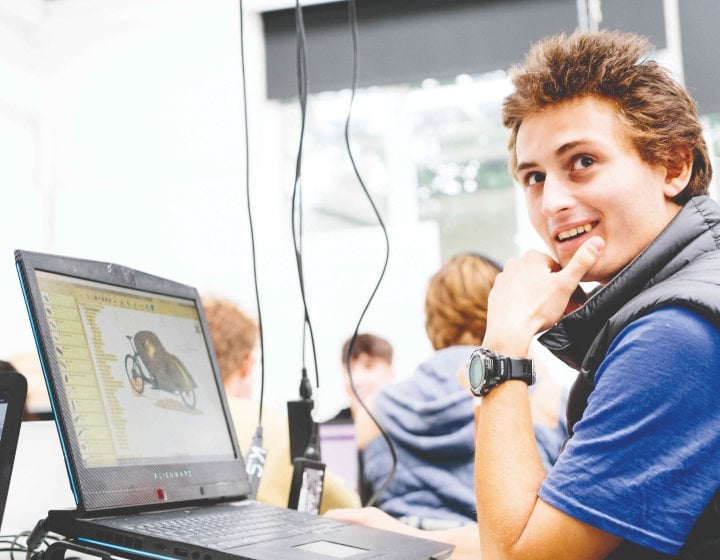
Sustainable Product Design BA(Hons)
Become a conscientious and innovative product designer with the professional practice skills to make...
